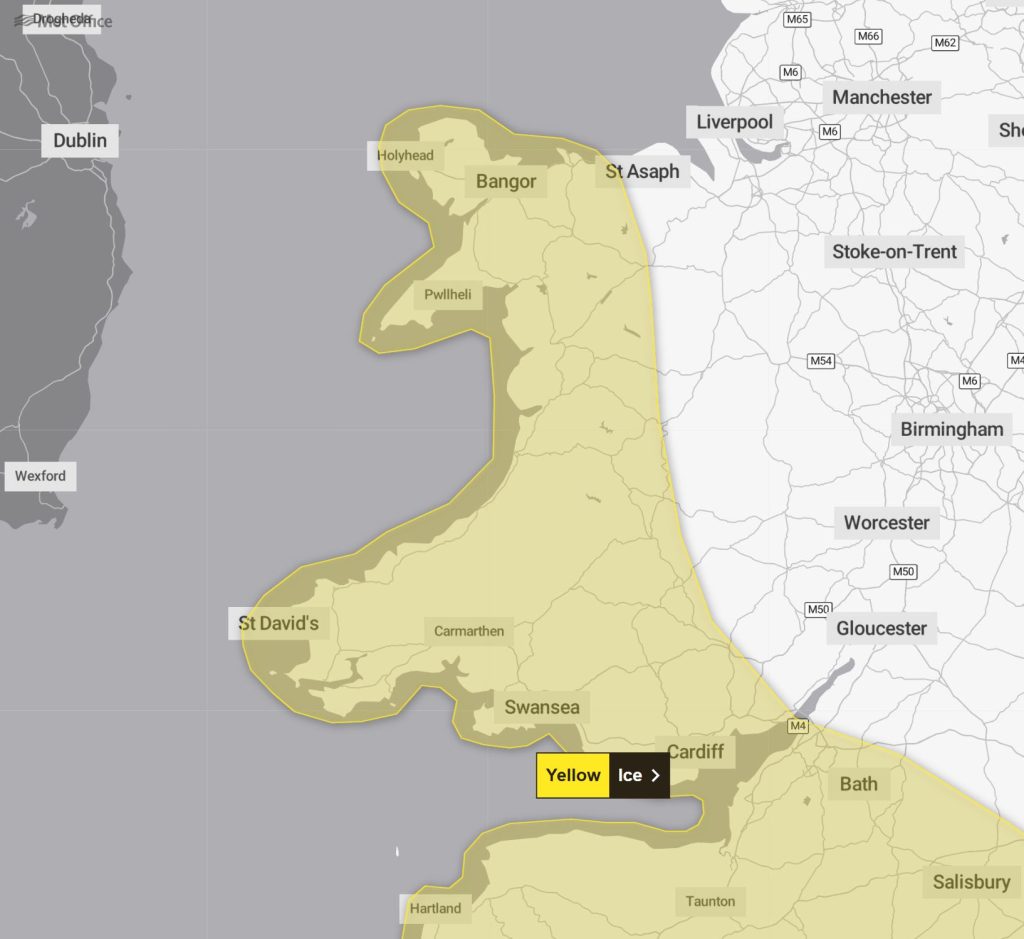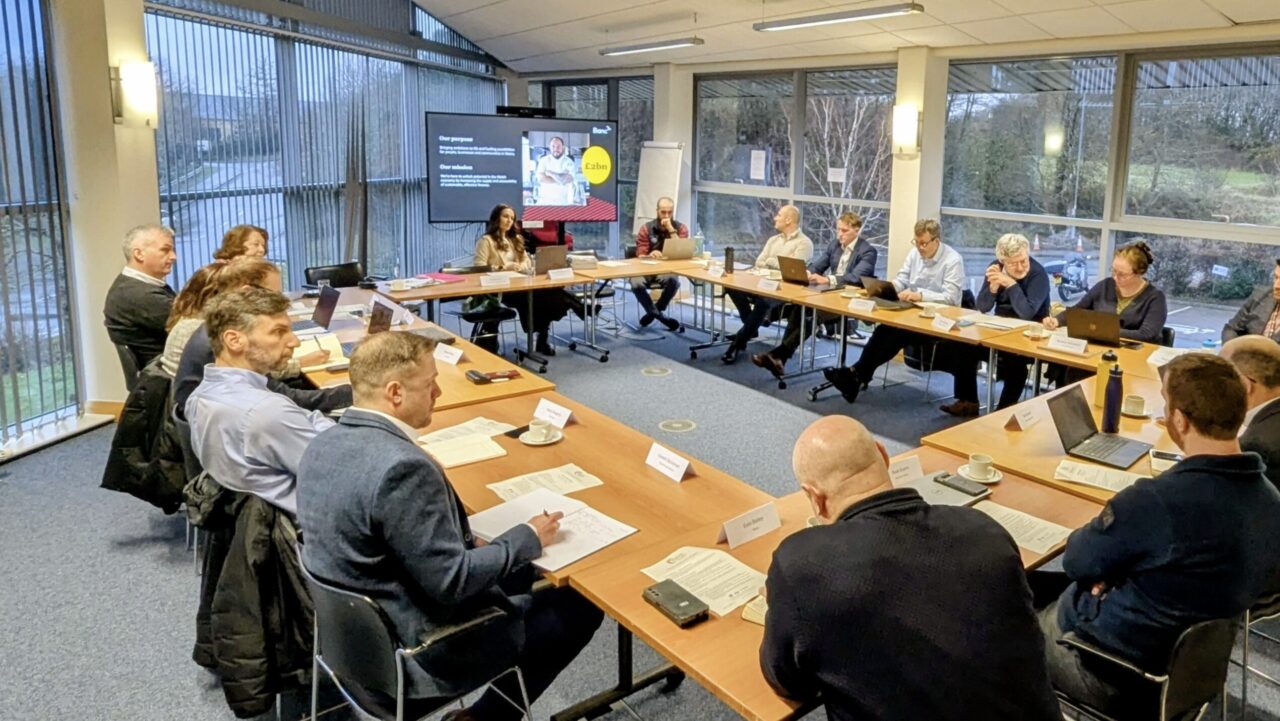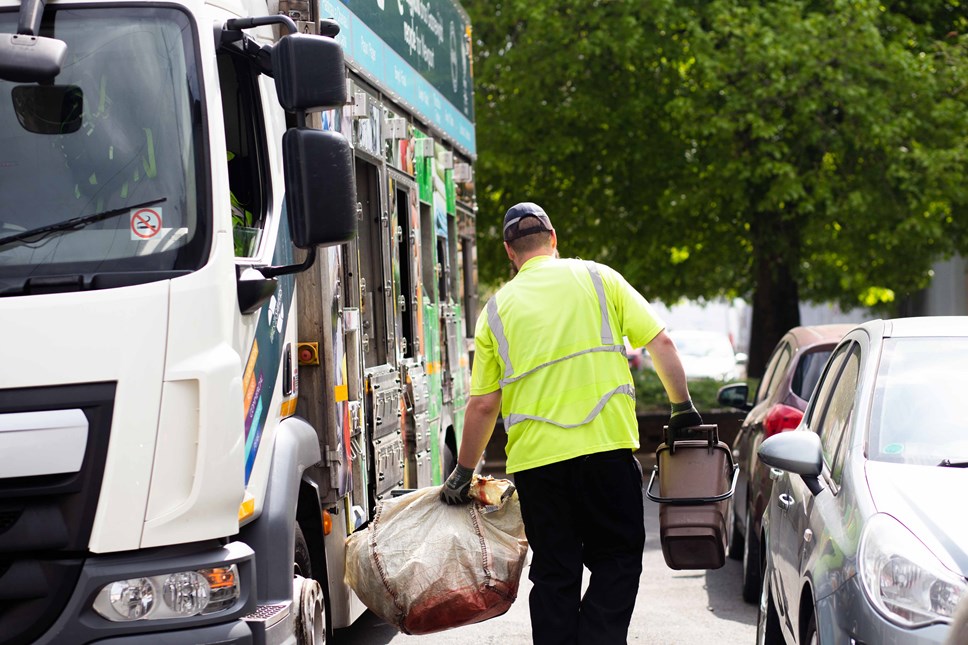Climate
The Digital Yuan: A Beacon of Resilience in Disaster Recovery

In instances of disaster, resilience and adaptability are paramount for communities and economies to recover and rebuild. As the arena grapples with the growing frequency and severity of natural disasters, pandemics, and other emergencies, innovative answers are needed to facilitate rapid and powerful restoration efforts. At the vanguard of this endeavor is the Digital Yuan, China’s principal bank digital currency (CBDC), which holds the ability to revolutionize disaster healing and resilience efforts, with initiatives from investment education firm like the yuanedgeai.com poised to contribute to its implementation and impact. This article explores the role of the digital yuan in disaster restoration and resilience, analyzing its applications, advantages, challenges, and implications for the future.
Understanding Disaster Recovery and Resilience:
Disaster recovery refers back to the procedure of rebuilding and restoring groups and infrastructure within the aftermath of a catastrophe, along with hurricanes, earthquakes, or public health emergencies. Resilience, alternatively, includes the potential of individuals, communities, and structures to withstand, adapt to, and recover from disruptions and adversity.
The Digital Yuan: Enabling Swift and Secure Transactions in Times of Crisis
Disaster Relief Payments:
The Digital Yuan can facilitate the fast distribution of disaster alleviation bills to affected people and groups, bypassing conventional banking systems and administrative bottlenecks. By leveraging the blockchain era and digital charge infrastructure, catastrophe relief funds may be dispensed without delay to recipients’ virtual wallets.
Supply Chain Resilience:
In instances of disaster, retaining the resilience of delivery chains is crucial to ensuring the continuous delivery of essential goods and offerings to affected areas. The Digital Yuan can enhance supply chain resilience by permitting obvious and traceable transactions along the supply chain, from procurement and distribution to transport and inventory management.
Business Continuity:
For organizations, maintaining continuity and resilience in the face of disasters is important to sustaining operations and safeguarding livelihoods. The Digital Yuan gives organizations a secure and efficient manner of undertaking financial transactions, even in instances of disaster. By embracing digital bills and blockchain-based solutions, corporations can decrease disruptions, facilitate far-flung work, and adapt to changing marketplace situations.
Benefits and Opportunities:
Efficiency and transparency:
The Digital Yuan streamlines catastrophe recovery efforts by supplying green and transparent monetary transactions, reducing administrative overhead, and improving responsibility. By digitizing monetary aid and relief applications, governments and agencies can monitor the budget in real time, identify areas of need, and allocate resources more correctly, making sure that assistance reaches people who need it most.
Financial Inclusion:
In catastrophe-prone areas and marginalized communities, access to traditional banking services can be restricted or nonexistent. The Digital Yuan promotes financial inclusion by providing individuals and agencies with access to digital economic offerings, irrespective of their geographic area or socioeconomic status.
Data-driven decision-making:
The Digital Yuan generates precious information insights that can inform choice-making and coverage systems in disaster restoration and resilience planning. By studying transaction statistics, government organizations, remedy companies, and policymakers can perceive trends, investigate desires, and prioritize interventions, enabling focused and efficient allocation of assets for long-term restoration and rebuilding efforts.
Challenges and Considerations:
Digital Divide:
The adoption of virtual currencies like the Digital Yuan may additionally exacerbate current disparities in access rights and virtual infrastructure, especially in rural and underserved areas. Bridging the digital divide is crucial to ensuring equitable access to financial services and opportunities for all individuals and communities, no matter their technological literacy or connectivity.
Cybersecurity Risks:
Digital currencies are vulnerable to cybersecurity dangers, including hacking, fraud, and data breaches. Safeguarding the security and integrity of the digital Yuan surroundings is paramount to defensive users’ assets and touchy information from malicious actors. Implementing strong cybersecurity measures and encryption protocols is vital to mitigating cyber threats and ensuring the resilience of digital foreign money systems.
Regulatory Frameworks:
Regulatory frameworks for virtual currencies are nonetheless evolving, with regulators grappling with issues including purchaser safety, financial balance, and monetary sovereignty. Clarifying regulatory hints and standards for the usage of digital currencies in catastrophe recovery and resilience efforts is critical to fostering agreement and self-belief amongst stakeholders.
Conclusion:
The Digital Yuan holds giant capability as a catalyst for catastrophe recuperation and resilience, offering green, obvious, and secure economic transactions in instances of crisis. By leveraging virtual foreign money technology and blockchain infrastructure, governments, organizations, and communities can enhance the efficiency, transparency, and inclusivity of disaster recovery efforts, promoting economic resilience, empowerment, and sustainability. However, addressing demanding situations, which include the virtual divide, cybersecurity risks, and regulatory uncertainties, is essential to understanding the overall potential of the Digital Yuan in building a more resilient and adaptive destiny for groups and economies worldwide. As the arena faces increasingly complicated and interconnected challenges, the Digital Yuan stands poised to be a beacon of resilience and innovation in catastrophe recovery and resilience efforts.
Climate
Ice warning issued as temperatures fall below freezing across Pembrokeshire

Cold snap expected to create hazardous roads and pavements overnight into Monday morning
PEMBROKESHESHIRE residents are being urged to take extra care after a yellow weather warning for ice was issued for the whole of Wales.
The alert, issued by the Met Office, covers the period from late Sunday night (Feb 1) until mid-morning on Monday (Feb 2), with temperatures expected to drop to around minus two degrees Celsius in some areas.
Forecasters say wet roads and surfaces left by earlier showers are likely to freeze quickly after dark, creating icy stretches on untreated roads, pavements and rural lanes across Pembrokeshire.

Travel disruption possible
The Met Office warns that icy patches may form widely, increasing the risk of slips and falls and making journeys slower and more hazardous, particularly during the Monday morning commute.
Untreated side roads, country routes and shaded areas are expected to be most affected, with black ice possible in places where frost is not easily visible.
Drivers are advised to allow extra time for journeys, slow down and keep a safe distance from other vehicles. Pedestrians are urged to wear suitable footwear and take care on steps, slopes and pavements.
Gritting teams are expected to treat main routes overnight, but officials warn that not every road can be covered.
Local outlook
Temperatures across the county are forecast to fall sharply after sunset on Sunday, with frost forming widely before dawn. Inland and higher ground areas are likely to see the coldest conditions.
Residents are also being encouraged to check on elderly or vulnerable neighbours and ensure homes are adequately heated during the cold spell.
Conditions are expected to improve later on Monday as temperatures rise above freezing, but further updates may be issued if the forecast changes.
Climate
Breaking down barriers between finance and industry in offshore renewables sector

EARLIER this week, Marine Energy Wales brought together senior representatives from national and devolved finance institutions with developers, ports and supply-chain companies operating across Wales’ offshore renewable energy sector for a dedicated finance roundtable in Pembroke Dock. Attendance was limited to premium MEW members to allow for frank, focused discussion.
The session was intentionally designed to be different.
Rather than relying on formal presentations or sales pitches, the roundtable created a facilitated, closed-door space for open dialogue. Finance organisations were able to explain clearly how they operate, what types of projects they can support, and where constraints still exist. Industry participants, in turn, set out the real-world challenges they are facing across tidal energy, floating offshore wind, port infrastructure and supply-chain development.
What emerged was more than information sharing—it was a clearer, shared understanding of how decisions are made on both sides.
From siloed conversations to shared problem-solving
A consistent theme from the discussion was that significant public and institutional finance is now available to support clean energy projects. However, navigating that landscape remains complex, particularly for early-stage developments, smaller supply-chain businesses and emerging technologies.
By bringing the right people into the room at the same time, the roundtable helped to:
- demystify how different finance bodies assess risk, scale and project readiness
- highlight where policy ambition, market signals and investment criteria are not yet aligned
- identify opportunities where better sequencing and coordination of funding could unlock progress
- establish direct relationships that will support follow-up conversations beyond the room
The discussion also surfaced where gaps remain. In particular, the need for clearer market signals and more tailored support for tidal stream and other early-stage marine technologies was repeatedly raised. These are challenges that are difficult to address in isolation, but far more productive to tackle collectively.
The value of convening
For Marine Energy Wales, the roundtable reinforced the importance of our role as a neutral convener for the sector.
Members consistently tell us that access to finance is one of the most significant barriers to progress—not only in terms of capital availability, but in understanding how to engage effectively with funders. At the same time, finance organisations are keen to deepen their understanding of project development timelines, technology risk and the scale of Welsh supply-chain ambition.
Creating space for those conversations is where real value is added.
This is not about Marine Energy Wales brokering individual deals. It is about building shared understanding, reducing friction, and helping to align finance, policy and industry around credible pathways to delivery.
What comes next
This roundtable was not a one-off.
Marine Energy Wales is committed to continuing this work, developing structured and trusted forums where finance, industry and government can engage early, openly and constructively. As Wales moves from ambition to delivery in offshore wind and tidal energy, these relationships and conversations will be critical to ensuring projects are investable, deliverable and anchored in Welsh economic benefit.
We will continue to work with our members and partners to identify priority issues, convene the right voices, and help turn opportunity into tangible outcomes on the ground.
Climate
Wales takes another giant leap towards becoming a zero-waste nation

THE LATEST figures are in, and they’re impressive – Wales has pushed its recycling rate up to 68.4% in 2024-25, climbing from 66.6% the previous year. It’s a remarkable turnaround for a country that was recycling just 5% of its waste before devolution.
The boost comes as Wales’ new workplace recycling rules begin to show real results. Businesses, public sector organisations and third sector workplaces across the country are now required to separate key recyclable materials, and it’s making a measurable difference.
Local authorities collected an additional 8,187 tonnes of recyclable material from workplaces this year – that’s a 42% jump compared to last year. Meanwhile, residual waste from workplaces has dropped by 15.8%, meaning thousands of tonnes of valuable materials are being fed back into the economy rather than burned or buried.
The landfill figures tell their own story – just 0.7% of Wales’ waste ended up in landfill in 2024-25, compared to 95% before devolution.
Deputy First Minister Huw Irranca-Davies, who has responsibility for climate change, said: “We continue to build on Wales’ already world class recycling. This shows the huge shift in attitudes over the last few decades; recycling is now a part of who we are as a nation.”
He added: “I’m proud of every person in Wales who has played their part in getting us to where we are today – in our homes and now in our workplaces too. Thank you for joining this collective effort.”
Wales currently sits second in the world for recycling – leading the UK and trailing only Austria in global rankings published by Eunomia Research and Consulting and Reloop in 2024. More than half of Welsh councils hit the 70% recycling target, and over 90% improved their rates year-on-year.
The Deputy First Minister said: “Our recycling track record is something to be proud of as we continue taking action to tackle the climate and nature emergency and grow the green economy. But let’s not be complacent. Being number one in the world for recycling is within our grasp if we keep up the momentum.”
-

 Health3 days ago
Health3 days agoConsultation reveals lack of public trust in health board
-

 News4 days ago
News4 days agoCaldey still unsafe, survivors warn — despite Abbey’s reform claims
-

 Community4 days ago
Community4 days agoPembrokeshire students speak at national Holocaust Memorial Day event
-

 News6 days ago
News6 days agoWales warned against single police force as Lib Dems cite Scotland ‘lesson’
-

 Crime6 days ago
Crime6 days agoMilford Haven man appears in court charged with burglary and GBH
-

 Business7 days ago
Business7 days agoFormer Halifax in Haverfordwest could soon become new high street nail bar
-

 Local Government6 days ago
Local Government6 days agoTribunal over former Neyland councillor’s conduct adjourned
-

 Business6 days ago
Business6 days agoDuke of Edinburgh Inn in Newgale on the market for £325,000
















